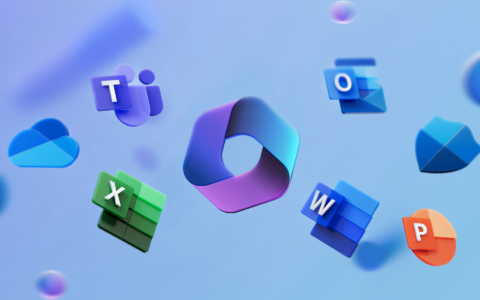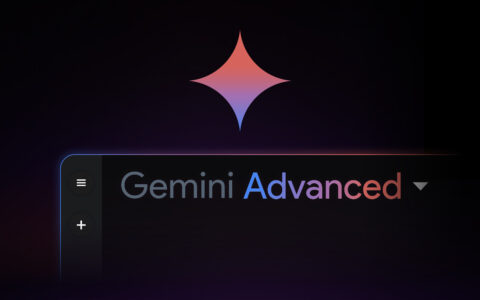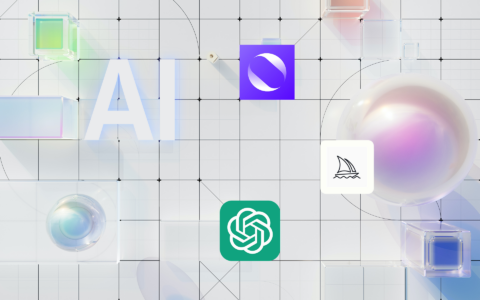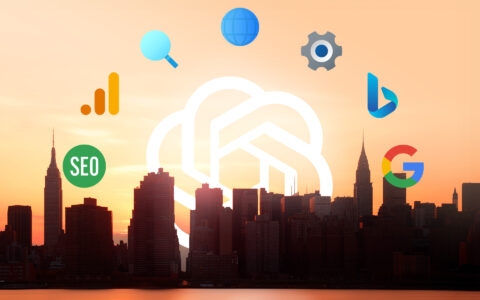The collaboration between Microsoft and OpenAI created a buzz of excitement in the tech market. This partnership was set to bring innovation that would redefine human-machine interaction.

But there's a twist – Microsoft begins to cut ties with OpenAI, indicating that this relationship may be coming to an end. Instead, Microsoft is putting its resources into incorporating AI into its own Azure cloud service.
So, the question is, what changed Microsoft's mind?
They are expressing concerns about the security of their data and are becoming more cautious about using this platform, which was once encouraged.
These concerns are not without reason.
This article will discuss the factors that have driven Microsoft's separation from OpenAI and explore the implications of this move on the AI landscape.
Table of Contents:
The Shift in Focus – Azure Takes the Lead
Trust Issues with OpenAI's ChatGPT
The Introduction of Azure ChatGPT
The Dynamics of Data Security and Training
Microsoft's Long-Term Strategy and AI Growth
Conclusion – Navigating the AI Landscape
The Shift in Focus – Azure Takes the Lead
Microsoft's Azure cloud platform is really important for their business. It's helping them make more money, especially with AI projects like partnering with OpenAI.
Azure is the main ingredient for the company's growth and keeping enterprise customers happy. Since many enterprises rely on Microsoft's services, the company cannot take data security and confidentiality for granted.
This focus of Microsoft on enterprise-friendliness is the main reason for parting ways with OpenAI, as it could put the client's data security and privacy at risk.
Trust Issues with OpenAI's ChatGPT
Recent incidents involving OpenAI's ChatGPT have raised concerns among enterprises regarding their data security. Over 200 thousand OpenAI credentials were found for sale as stolen logs by security researchers on the dark web.
Major corporations such as Apple, Spotify, and Wells Fargo have banned ChatGPT for their employees due to fears of inadvertently sharing confidential information. Italy has also banned Open AI's ChatGPT for the same reason. Besides Italy, it is also banned in 14 other countries.
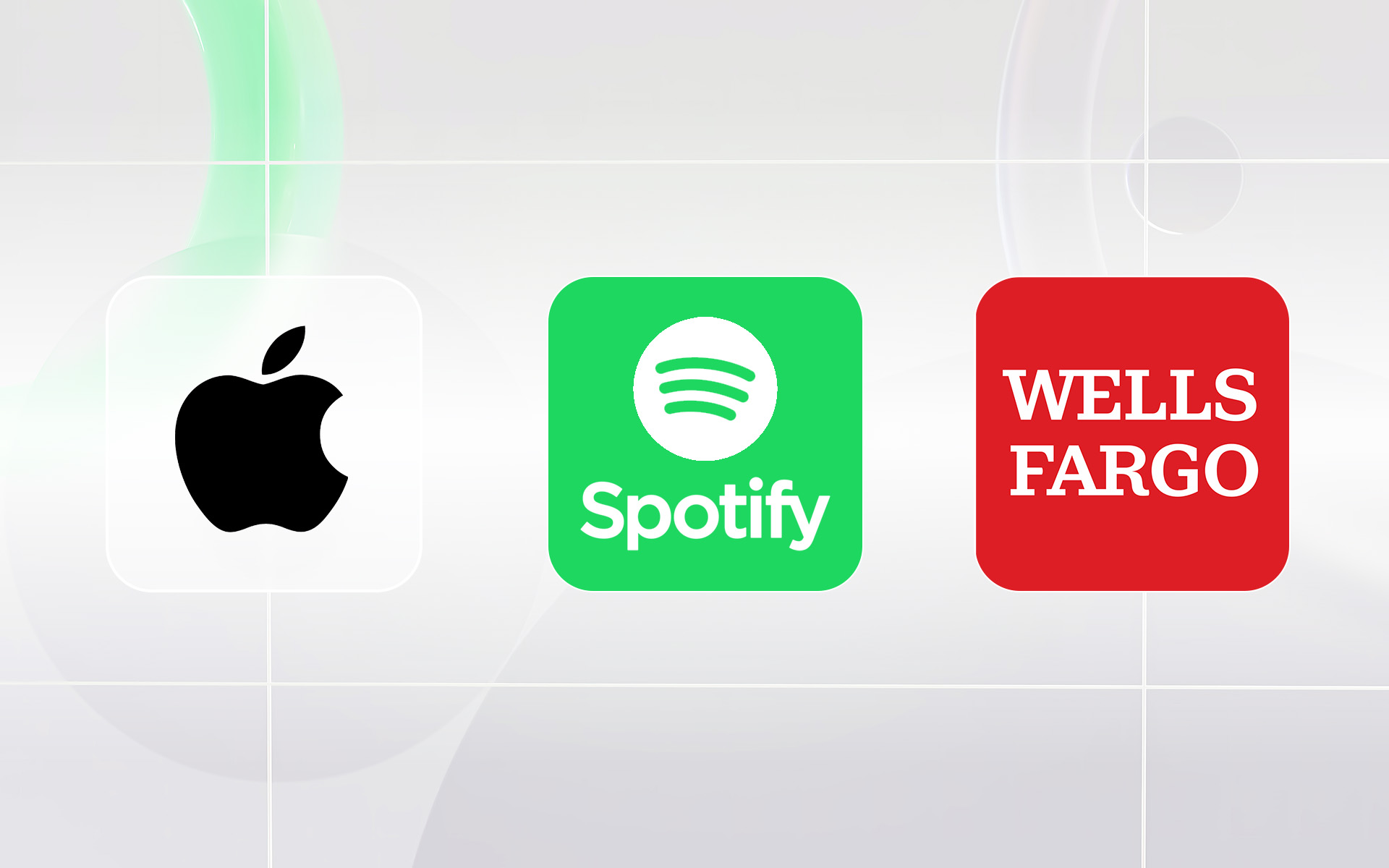
Despite claiming not to use it for model improvement, OpenAI's practice of retaining data sent via its API for training purposes has further eroded trust. Enterprises fear their intellectual property might be at risk, leading them to seek alternative solutions.
Companies like Microsoft can face several security risks when using OpenAI and ChatGPT. Some of these risks include:
- Data Privacy and Leakage: Companies may be concerned about the data they input into AI models like ChatGPT. If sensitive or confidential information is inadvertently shared or leaked during interactions with the AI, it could lead to privacy breaches and legal consequences.
- Intellectual Property Concerns: Companies might be worried about sharing proprietary or confidential information with AI models, as there could be a risk of intellectual property theft if the AI generates content that resembles or discloses sensitive business information.
- Regulatory Compliance: When using AI models, businesses must conform to all applicable laws and standards, including privacy rules, sector-specific recommendations, and ethical AI principles. If you don't follow the rules, you could face legal and financial implications.
- Cybersecurity Vulnerabilities: Deploying AI models as part of a company's infrastructure introduces potential entry points for cyberattacks. Hackers could target AI systems to gain unauthorized access or disrupt operations.
To mitigate these risks, companies should assess the use of AI services, establish robust security measures, implement regular monitoring and auditing, and work closely with AI providers to address any concerns related to data privacy and other security aspects.
The Introduction of Azure ChatGPT
To address trust issues and data security concerns, Microsoft has introduced Azure ChatGPT, positioning it as a safer alternative for enterprises. By isolating customer data from OpenAI's operations and offering a private ChatGPT experience, Microsoft aims to rebuild trust and attract more enterprise customers.
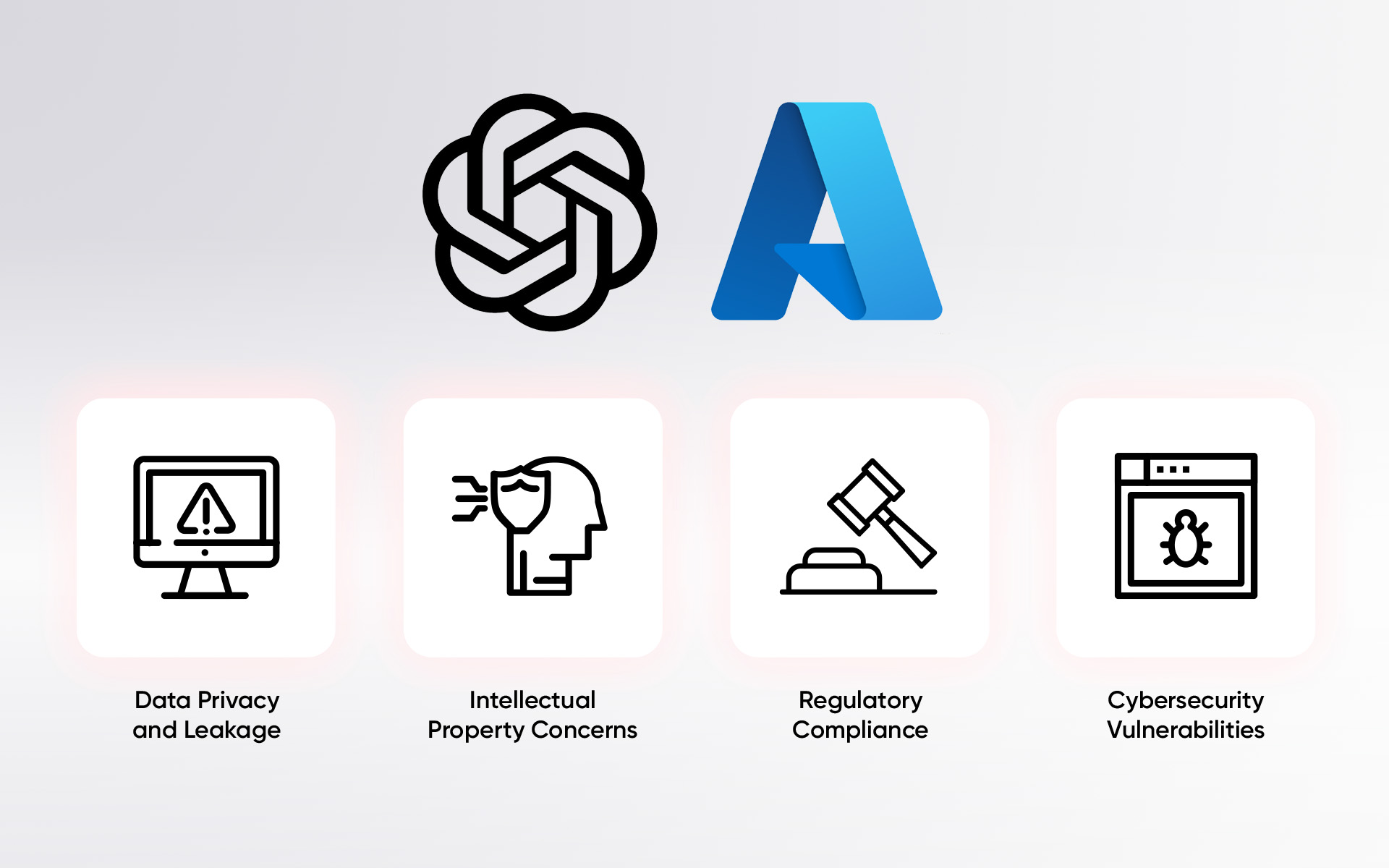
This move demonstrates Microsoft's commitment to putting the Azure cloud at the forefront and alleviating concerns about data security associated with OpenAI's offerings.
Azure ChatGPT introduces a series of features, such as:
- Data Isolation: One of the core concerns with ChatGPT was the potential exposure of customer data to OpenAI's operations. Azure ChatGPT addresses this concern by isolating customer data from OpenAI, creating a controlled environment where data remains private and secure. This isolation ensures that sensitive information is not accessible to external parties, reducing the risk of unintended data leaks.
- Private ChatGPT Experience: With Azure ChatGPT, enterprises benefit from a private and controlled environment for AI-powered interactions. This private experience alleviates concerns about third-party access to sensitive information and provides a secure platform for employees to interact with AI models without compromising confidentiality.
- Enhanced User Trust: Microsoft emphasizes data security and privacy to enhance user trust. By offering an AI solution that places data security at the forefront, Microsoft seeks to foster confidence among enterprises, enabling them to leverage AI's potential without compromising their sensitive information.
- Enterprise Customization: Azure ChatGPT can be tailored to meet the unique needs of different enterprises. This customization allows organizations to align AI interactions with their specific industry requirements, compliance standards, and data protection policies.
- Integration with Azure Services: Azure ChatGPT's integration with Microsoft's broader suite of Azure services provides a seamless experience for enterprises. The ability to leverage AI capabilities within a comprehensive cloud ecosystem further enhances the practicality and value proposition of Azure ChatGPT.

The Dynamics of Data Security and Training
The question of data security and its potential exploitation for model training is a major driving force behind Microsoft-OpenAI separation. While OpenAI's practices have sparked concerns, Azure ChatGPT's model appears to mitigate those worries by providing an isolated environment for customer data. Microsoft's commitment to safeguarding and isolating customer information from OpenAI's operations reflects its dedication to maintaining customer trust.
Another crucial aspect of data security and training dynamics lies in the level of control enterprises have over their AI applications. Azure ChatGPT's model empowers organizations with a higher degree of control and governance over their data.
By placing the AI model behind an endpoint specific to the user's Azure account, Microsoft allows businesses to tailor the AI experience to their unique needs. This personalized approach enhances the user experience and instills confidence in enterprises that they have a say in how their data is utilized and processed.
Microsoft's Long-Term Strategy and AI Growth
Microsoft's future plans show a focus on artificial intelligence's use in the long run. An investment in OpenAI signified the firm's dedication to promoting progress in AI development.
The company will continue incorporating AI capabilities, such as Azure and Microsoft 365, into its offerings. This step will help Microsoft maintain its position at the forefront of AI innovation and cash in on the rising demand for AI solutions across industries.
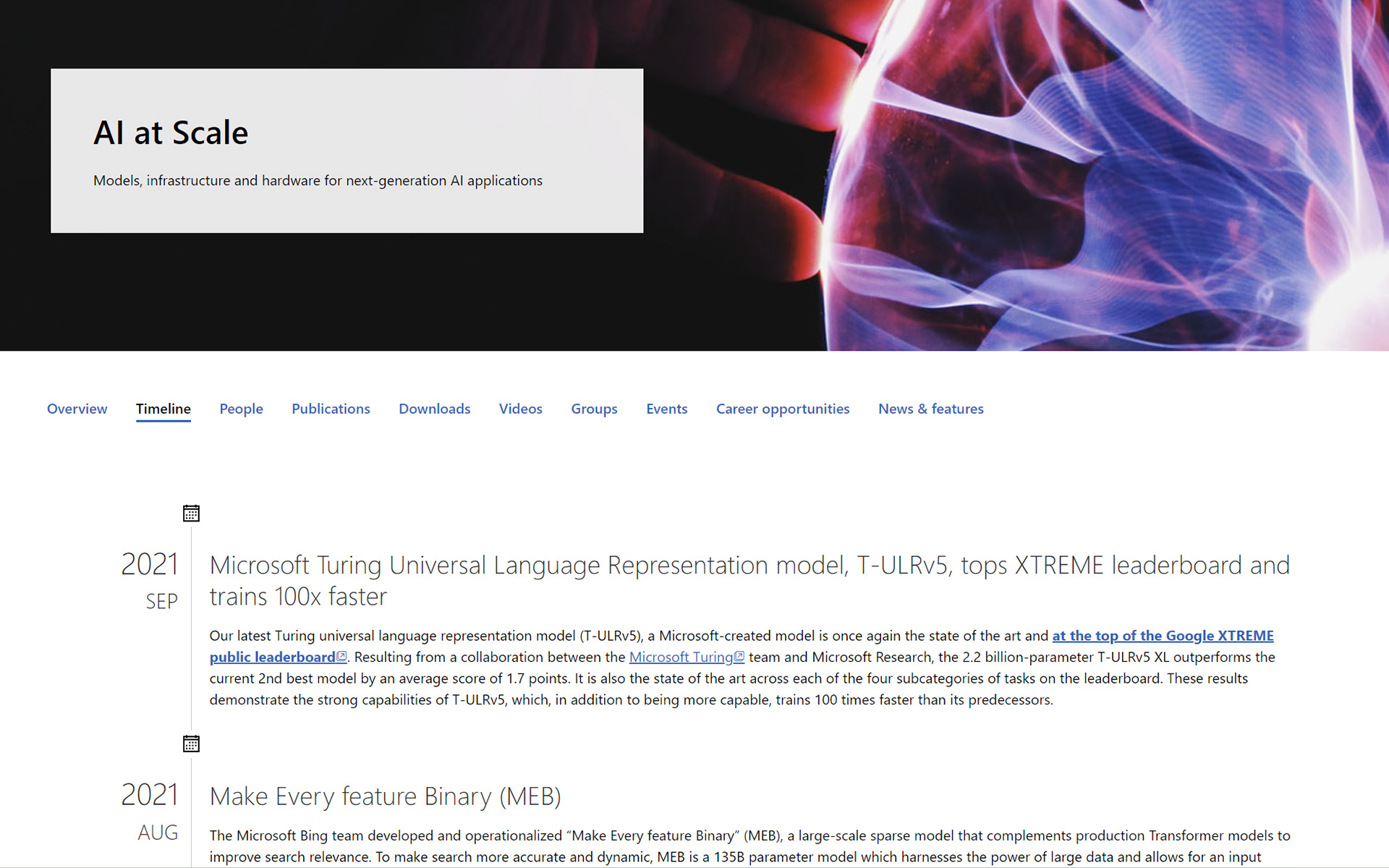
Also, incorporating AI into Microsoft's products and services can boost a company's revenue. The introduction of Microsoft 365 Copilot, an AI-powered productivity tool, shows that the company is determined to monetize its AI applications.
Even though the direct financial effects of AI solutions may take a while to show up, Microsoft's strategic positioning in the AI area sets it up well for future revenue growth.
Conclusion – Navigating the AI Landscape
As the collaboration between Microsoft and OpenAI is coming to an end and Microsoft's interest in disseminating AI into its own products grows, it is evident that the company has its eyes on the bigger picture.
The company's focus on enterprise needs and data security has led to a growing separation from OpenAI. And the introduction of Azure ChatGPT has clearly reflected Microsoft's commitment to rebuilding trust and addressing concerns raised by enterprises.
Even though the future of AI is hard to predict and full of challenges, Microsoft's strategic positioning and dedication to innovation puts it in a great place to navigate and shape the changing AI world.




